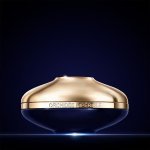Retinol is proven to take years off your appearance. Bazaar breaks down why this derm favorite should be in your beauty arsenal.
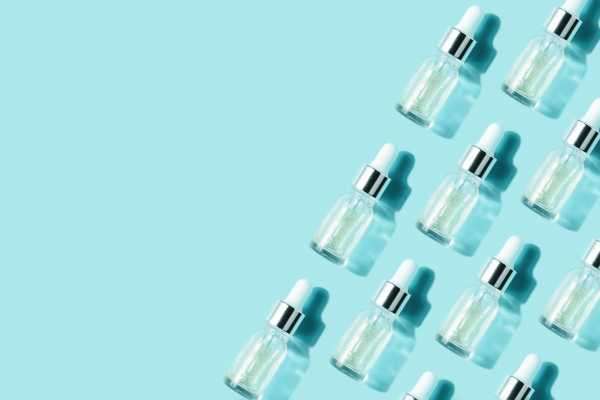
IRA_EVVAGetty Images
After sunscreen, the skincare ingredient dermatologists most often recommend to keep signs of aging at bay is retinol. But what is this must-have fountain of youth? Bazaar asked three powerhouse New York City dermatologists, Dr. Shereene Idriss, Dr. Melissa Kanchanapoomi Levin, and Dr. Joshua Zeichner to explain all there is to know about retinol and why you need to make it part of your regular skincare routine pronto.
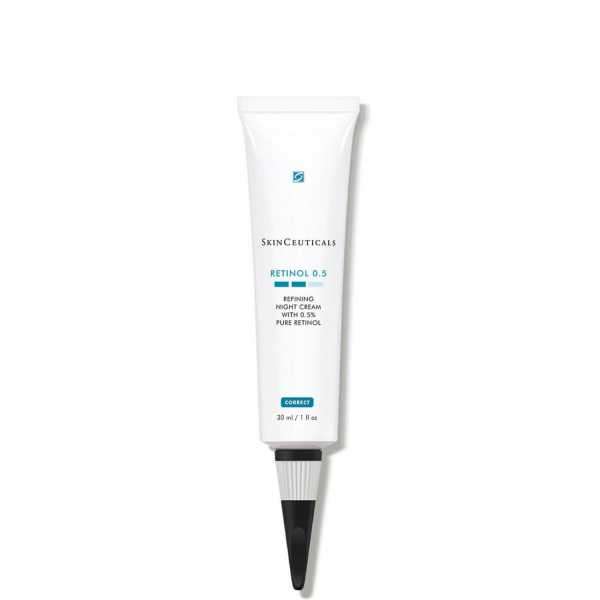
Retinol 0.5 Refining Night Cream
SkinCeuticals
dermstore.com
$76.00
First of all, what is retinol?
“Retinol is a derivative of vitamin A that helps boost collagen production and aid in cell turnover,” Idriss says. “This results in more even, smoother skin and helps reduce the appearance of sun spots, fine lines, and wrinkles.” It’s because of this rapid cellular turnover that retinol is used in the treatment of acne and has been shown in studies to prevent some cases of skin cancer.
So then, what’s a retinoid?
Retinoid is a blanket term that covers both OTC retinol, as well as prescription-strength forms of retinoic acid, like Tretinoin and Tazarotene. Retinol that is available over the counter can be very effective in reducing wrinkles if it’s formulated correctly.
How is retinol different from its prescription-only cousins?
According to Levin, the major difference between the two is that retinol works more gradually than what your doctor dispenses, due to their differences in molecular structure. “OTC retinols are in ester forms, which are then converted to the active retinoic acid,” she says. “The more steps of this process, the ‘weaker’ the product, so it typically takes longer to see the same results from retinols as it does from a prescription version.” You can expect to notice firmer, smoother, and clearer skin in about three months, with cumulative results over time.
How should you use retinol?
Whether it’s in a serum, cream, or comes from your doctor—retinols are best applied at night. Many retinols are formulated with hydrating ingredients to minimize potential dryness and irritation. Still, those side effects can occur, especially when you’re new to the ingredient. “I typically recommend using one pea-sized amount for the entire face, every other night, as you adjust to it,” Zeichner says. Follow with a moisturizer to keep flakiness under control.
TIP: Layer your retinol on after your moisturizer to create a barrier that will help minimize irritation.
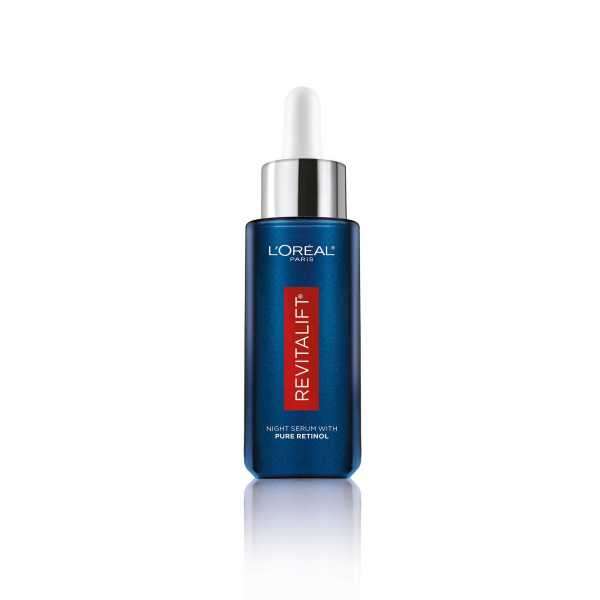
L’Oreal Paris Revitalift Derm Intensives Night Serum with 0.3% Pure Retinol
$28.00
What are the side effects?
Especially in the first two to four weeks of use, retinol can trigger dryness, burning, stinging, or peeling of the skin. You can try applying your moisturizer first, followed by your retinol, to reduce its absorption rate slightly. Once you establish that you can tolerate it, switch back to layering the retinol first. “And it definitely makes you more sensitive to the sun, so daily sunscreen usage is essential, even in the winter,” says Idriss, who also suggests avoiding retinols up to a week before waxing to minimize risk of irritation.
Is there anyone who shouldn’t use retinol?
If you’re pregnant or breastfeeding, this is not the ingredient for you, since it can cross the placental barrier and potentially lead to birth defects. This is why pregnancy tests are required for patients on a course of Accutane for acne—a very high oral dose of Vitamin A. “I also don’t recommend it if you have extremely sensitive skin or conditions such as eczema or rosacea,” Zeichner says. Retinol can also make your skin more photosensitive, so it’s important to apply it at night and wear sunscreen during the day.
How much does it cost?
The good news is retinols are available at a range of price points, so they’re not out of reach for anyone. The RoC Retinol Correxion Deep Wrinkle Daily Moisturizer is less than $25 at most drugstore and won our 2019 Anti-Aging Awards as the Best Retinol Moisturizer.
Related Story
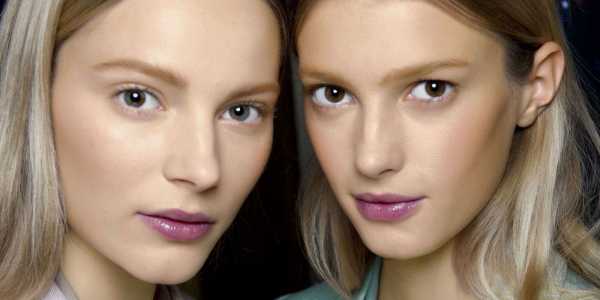
Bazaar’s 50 Best Anti-Aging Tips of all Time
Source: www.harpersbazaar.com


